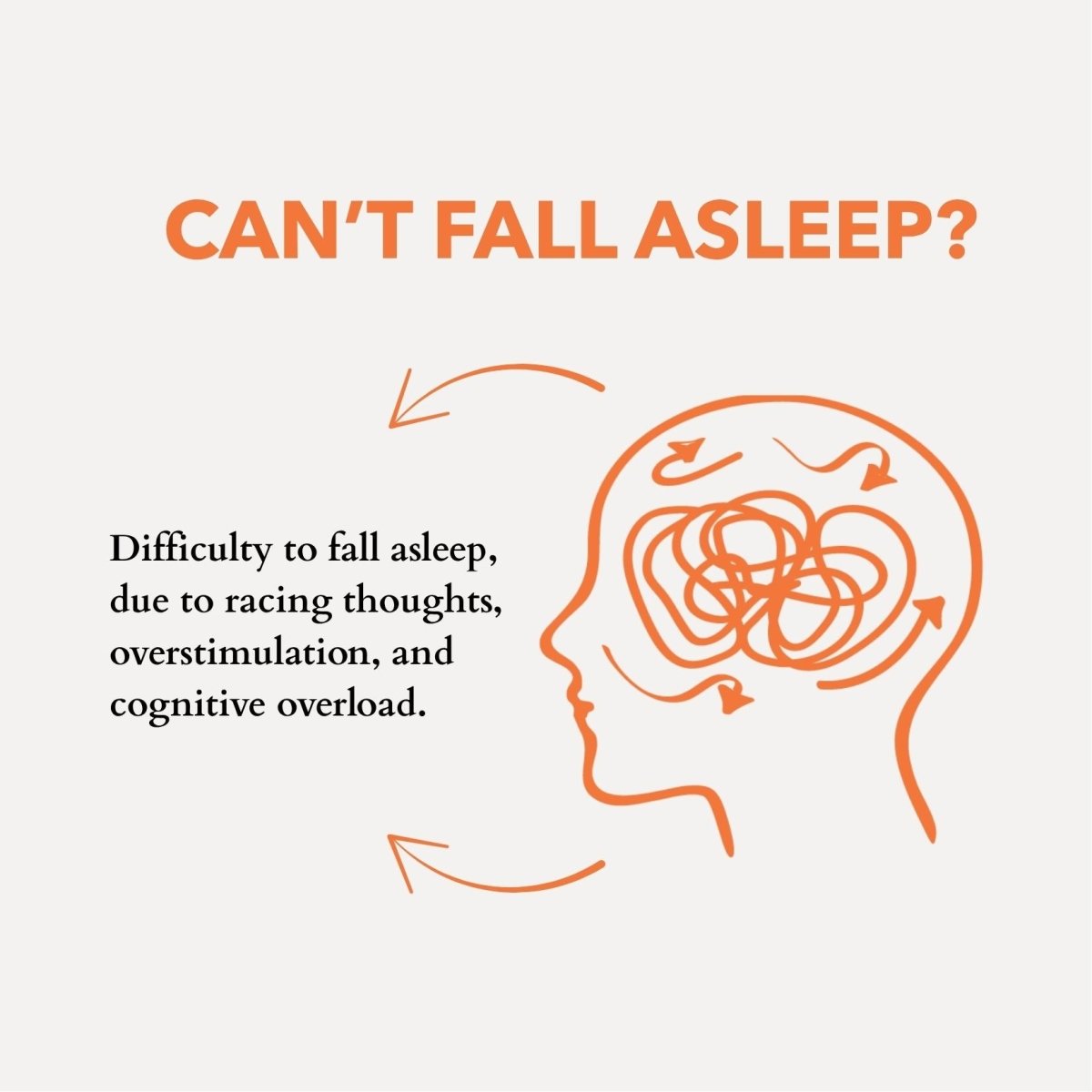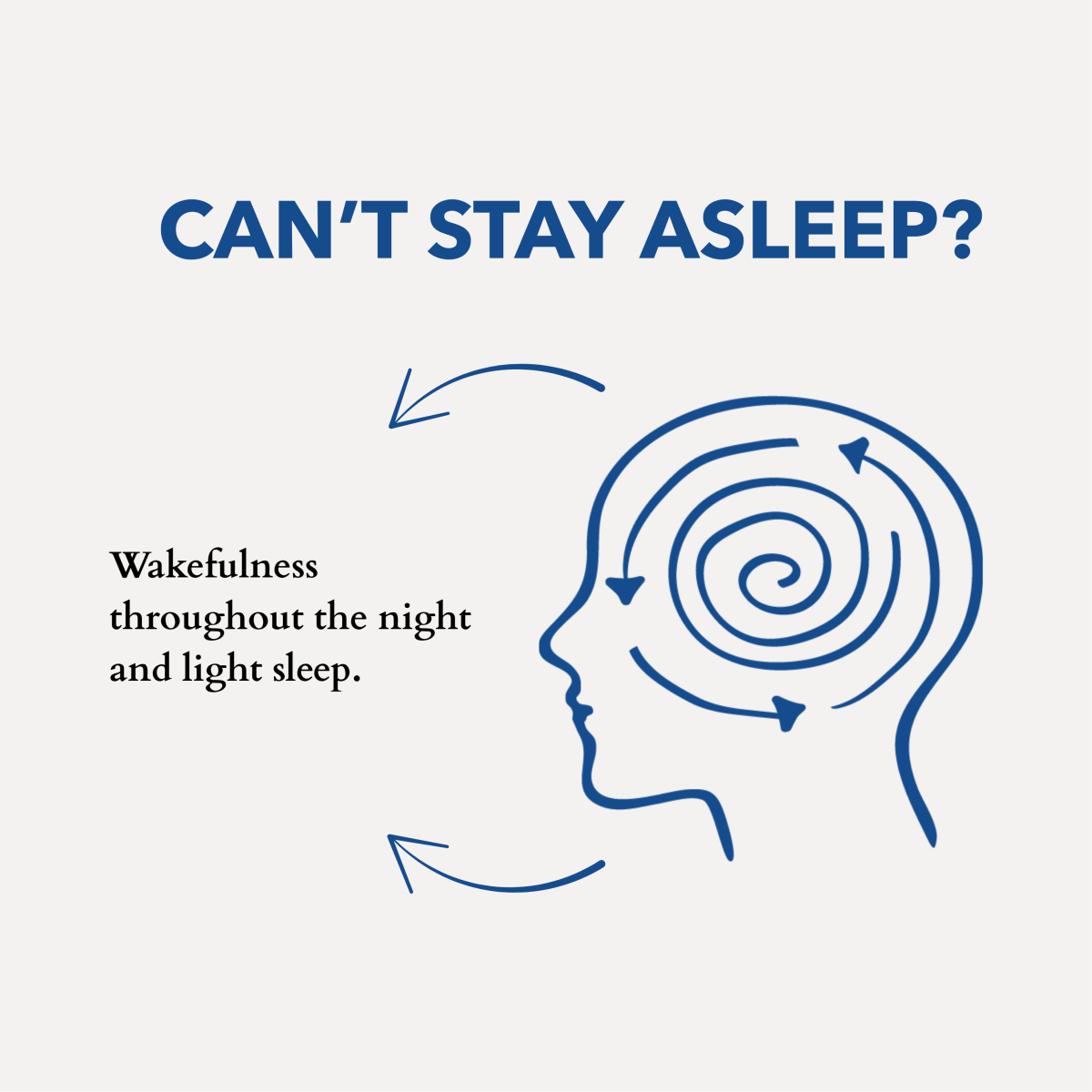We’ve all heard that there is lots of classical music that relaxes you and helps you fall asleep, but that’s not its only benefit. Below we explore the effects of classical music on your body, brain, and emotions.
Can lower blood pressure
According to a study from 2016, researchers discovered that participants that listened to Mozart and Strauss had considerably lowered blood pressure and heart rates compared to participants that listened to ABBA (1). With classical music’s harmonies and rhythms, alongside its mathematical perfection, it’s no wonder that so many of us are calmed by most classical music.
Can lower cortisol levels
Due to its relaxing effects, researchers have found that listening to classical music can help you reduce your stress levels. One study from 2018 looked at 180 participants and found that listening to natural sounds and classical music helped to reduce their cortisol levels, blood pressure, and heart rate (2).

Helps you retain information
There’s a reason people often tell you to listen to classical music whilst studying, it really can help you remember the information you learn. In a 2012 study, French researchers had one group of students listen to classical music during a lecture, while the other group had no music during the lecture. The students from the first group scored much better on a quiz than the second. The researchers theorized that this happened because the music put the students in a heightened state of emotion making them more receptive to new information (3).
Can help reduce pain
All music can act as an analgesic, but research has learned that classical music may be particularly effective at reducing pain. In a 2012 study, scientists found that intensive-care patients suffering from pain, anxiety, depression, cardiovascular issues, and sleep issues, had reduced symptoms when they listened to classical music (4). Another study from 2006 found that chronic pain sufferers experienced less pain when they listened to classical music (5). Researchers think this is because music stimulates the pleasure centers of the brain, reducing the effects of pain in the body.
Can help you sleep
Alongside its relaxing benefits, classical music can help you find sleep better. One study from 2015 found that classical music, combined with earplugs and eye masks, induced sleep in patients recovering from cardiac surgery (6). A survey from 2018 found that many people utilise music in their everyday lives to help improve the quality of their sleep and that the music people chose to listen to were typically slow tempoed, smooth, had little change, and had low amplitude, which varied from person to person. They learned that the music people liked had a more beneficial effect than the music that the researchers chose, so if you have a go-to sleeping playlist, it will certainly be more useful if it contains a few songs you recognise (7).
Classical music has a number of impressive benefits that make it worth listening to on a regular basis. Check out our playlist below of Classical Music for sleep to help you reap these incredible benefits and feel relaxed whilst you sleep, it's even eight hours long so you can play it through the whole night. Paired with breathing exercises, essential oils, and a calming cup of tea, this is sure to help you doze off and get the z’s you need.
References:
- https://pubmed.ncbi.nlm.nih.gov/27294814/
- https://pubmed.ncbi.nlm.nih.gov/29705448/
- https://www.sciencedirect.com/science/article/abs/pii/S1041608011001762?via%3Dihub
- https://www.ncbi.nlm.nih.gov/pmc/articles/PMC3354373/
- https://pubmed.ncbi.nlm.nih.gov/16722953/
- https://ccforum.biomedcentral.com/articles/10.1186/s13054-015-0855-3
- https://www.ncbi.nlm.nih.gov/pmc/articles/PMC6235300/


































